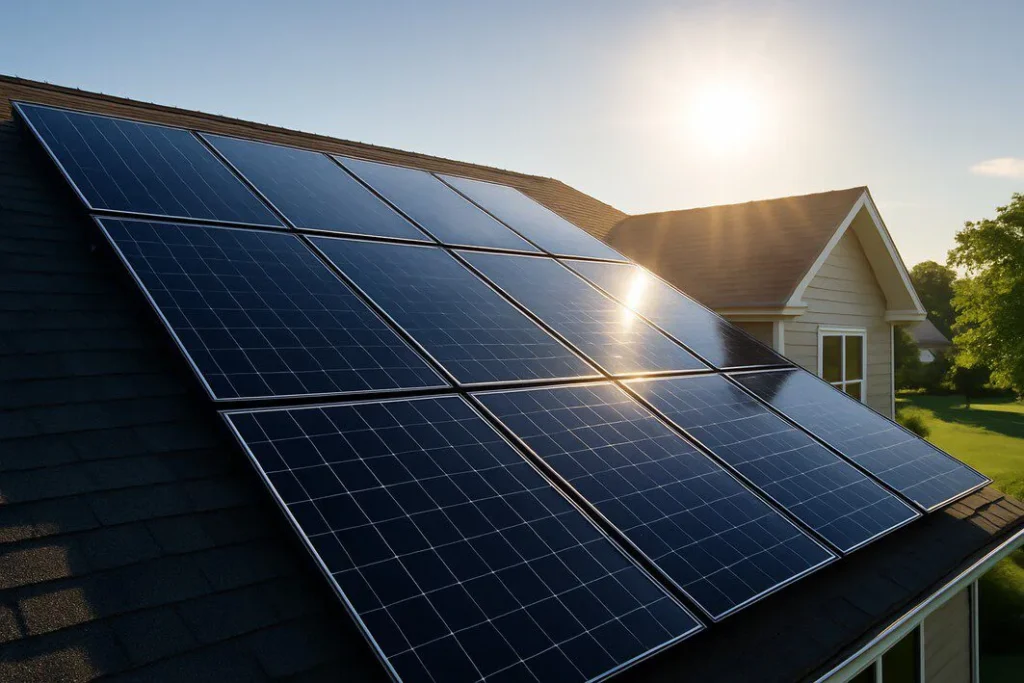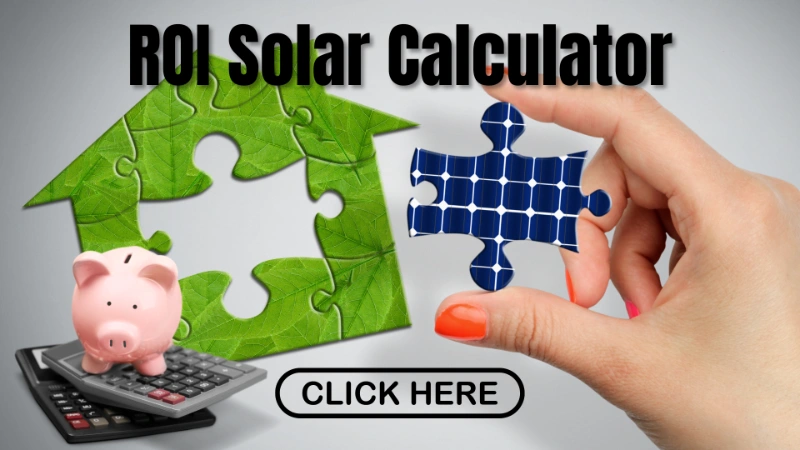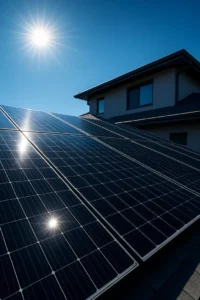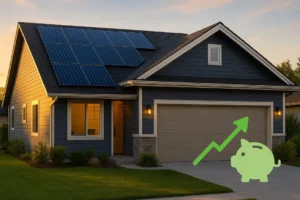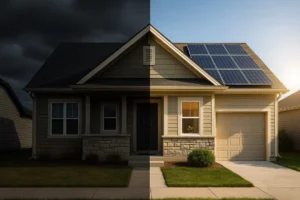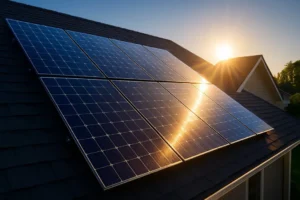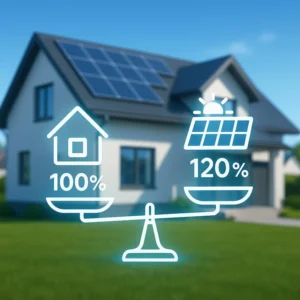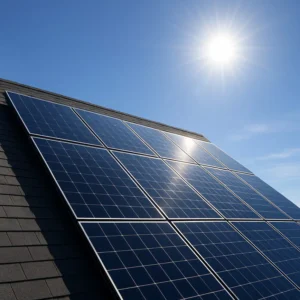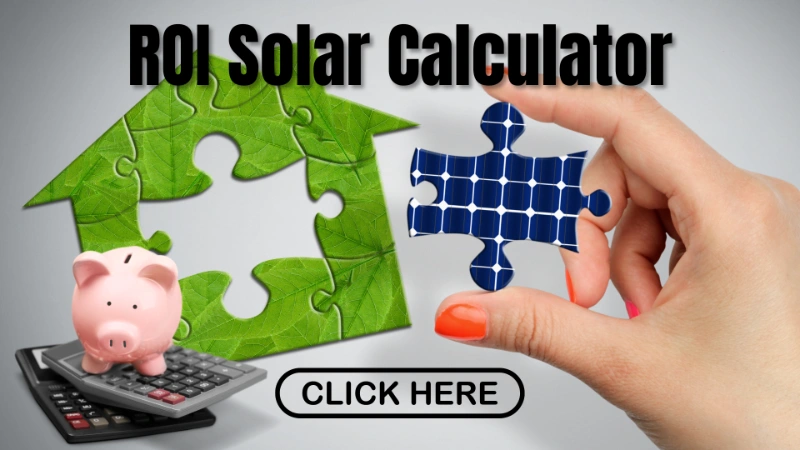Choosing the best solar panels for home use is one of the most significant investments you can make in your property and your financial future. As solar technology advances and becomes more accessible, homeowners are increasingly looking to harness the power of the sun to reduce energy bills, increase property value, and minimize their carbon footprint. But with so many options on the market, how do you know which is the best solar panel for a home like yours?
Table of Contents
- Why Choose Solar Panels for Home Power? A Quick Recap
- Understanding the Types of Solar Panels
- Key Factors to Consider When Choosing the Best Solar Panels for Your Home
- How to Choose the Right Solar Panel Manufacturer in 2025
- Beyond the Panels: Essential Components of a Home Solar System
- Calculating Your Return on Investment (ROI)
- Making an Informed Decision with RenewGenius
This comprehensive guide is designed to cut through the noise. We’ll walk you through everything you need to know to make an informed decision with confidence. We’ll cover the different types of panels, key performance metrics, and even how to choose the right solar panel manufacturer for your specific needs in 2025.
Why Choose Solar Panels for Home Power? A Quick Recap
Before diving into the specifics of panels, it’s worth remembering why millions of homeowners are making the switch. The decision to install solar panels for home power is driven by powerful benefits:
- Significant Cost Savings: Generating your own electricity drastically reduces or even eliminates your monthly utility bill.
- Energy Independence: You become less reliant on the grid and its fluctuating prices.
- Environmental Impact: Solar is a clean, renewable energy source that reduces your household’s carbon emissions.
- Increased Home Value: Homes with solar systems often sell faster and at a premium compared to those without.
Understanding the Types of Solar Panels
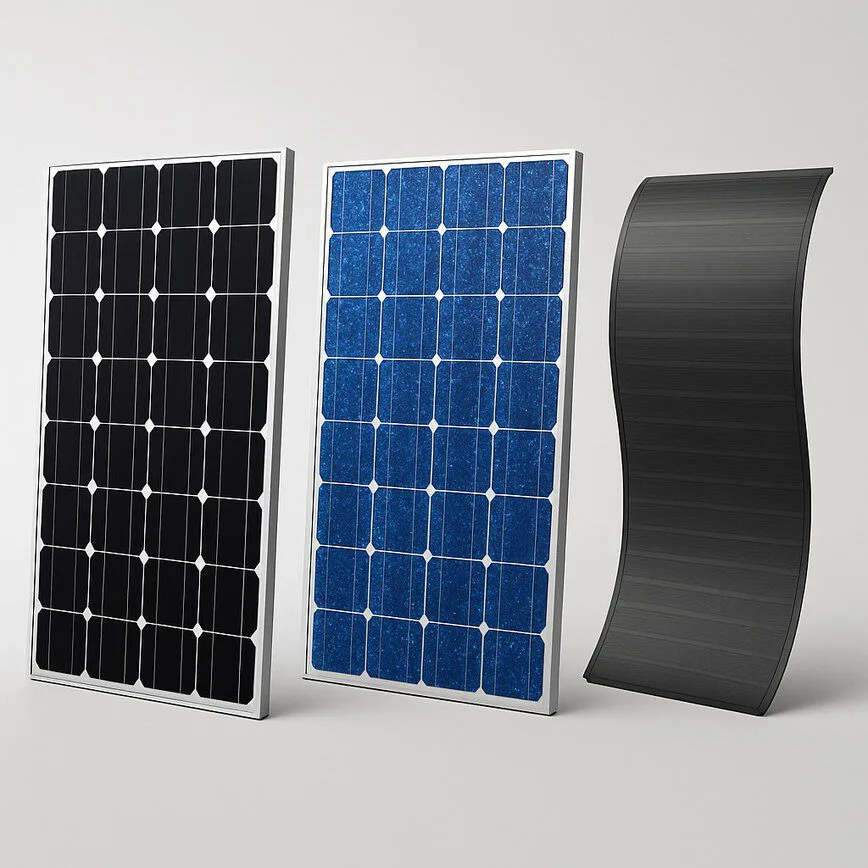
The foundation of any great solar system is the panel itself. While they may look similar from a distance, there are three primary types, each with its own set of characteristics.
Monocrystalline Solar Panels
Often considered the premium option, monocrystalline panels are made from a single, pure silicon crystal. They are recognizable by their uniform black color.
- Pros: Highest efficiency rates (typically 18-23%), excellent performance in low-light conditions, and a longer lifespan. Their high efficiency means you need fewer panels to generate the same amount of power, making them ideal for homes with limited roof space.
- Cons: They are the most expensive option upfront.
Polycrystalline Solar Panels
Polycrystalline panels are made by melting multiple silicon fragments together. This process gives them their characteristic blue, speckled appearance.
- Pros: More affordable to manufacture, making them a more budget-friendly option for homeowners.
- Cons: Lower efficiency rates (typically 15-18%) than monocrystalline panels, meaning you’ll need more roof space to achieve the same power output.
Thin-Film Solar Panels
Thin-film panels are a newer technology made by depositing one or more thin layers of photovoltaic material onto a substrate.
- Pros: Lightweight, flexible, and the least expensive to produce. Their performance is less affected by high temperatures.
- Cons: They have the lowest efficiency of the three types, requiring a very large surface area. This makes them less practical for most residential solar solutions.
Key Factors to Consider When Choosing the Best Solar Panels for Your Home
Finding the perfect panel isn’t just about picking a type. You need to evaluate several key metrics to ensure you’re getting the best performance and value for your investment.
Efficiency: Getting the Most Power
Panel efficiency measures how much of the sunlight that hits the panel is converted into usable electricity. A higher efficiency rating means the panel can generate more power in the same amount of space. If your roof is small, prioritizing high-efficiency monocrystalline panels is the smartest move.
Durability and Warranty: A Long-Term Investment
Solar panels are built to withstand the elements for decades. Look for panels with strong frames and tempered glass that are certified to handle local weather conditions like heavy snow and high winds.
Equally important is the warranty. Most manufacturers offer two main types:
- Product Warranty: Covers defects in materials and workmanship, typically for 10-25 years.
- Performance Warranty: Guarantees the panel will produce a certain percentage of its rated power after 25 years (usually 80-90%).
Temperature Coefficient: Performance in the Heat
All electronics lose efficiency as they get hotter, and solar panels are no exception. The temperature coefficient rating tells you how much a panel’s output will decrease for every degree Celsius above 25°C (77°F). A lower temperature coefficient is better, especially if you live in a hot climate.
Cost vs. Value: Finding the Right Balance
While it’s tempting to choose the cheapest option, it’s crucial to consider long-term value. A more expensive, high-efficiency panel might generate more savings over its lifetime, delivering a better return on investment than a less expensive, lower-efficiency panel.
How to Choose the Right Solar Panel Manufacturer in 2025
The company behind the panel is just as important as the technology. A reputable manufacturer stands by its product, offers strong warranties, and invests in innovation.
Researching Reputation and Reviews
Look for manufacturers with a long history in the industry and positive reviews from both professional installers and homeowners. A company’s stability is a good indicator that they will be around to honor their 25-year performance warranty.
Comparing Warranties and Support
A strong warranty is a sign of a manufacturer’s confidence in its product. Read the fine print to understand what is covered and for how long. Also, consider the company’s customer support and claims process.
Evaluating Technology and Innovation
Leading manufacturers are constantly pushing the boundaries of efficiency and durability. Companies that invest heavily in research and development are more likely to offer superior products that will perform well for years to come.
Beyond the Panels: Essential Components of a Home Solar System
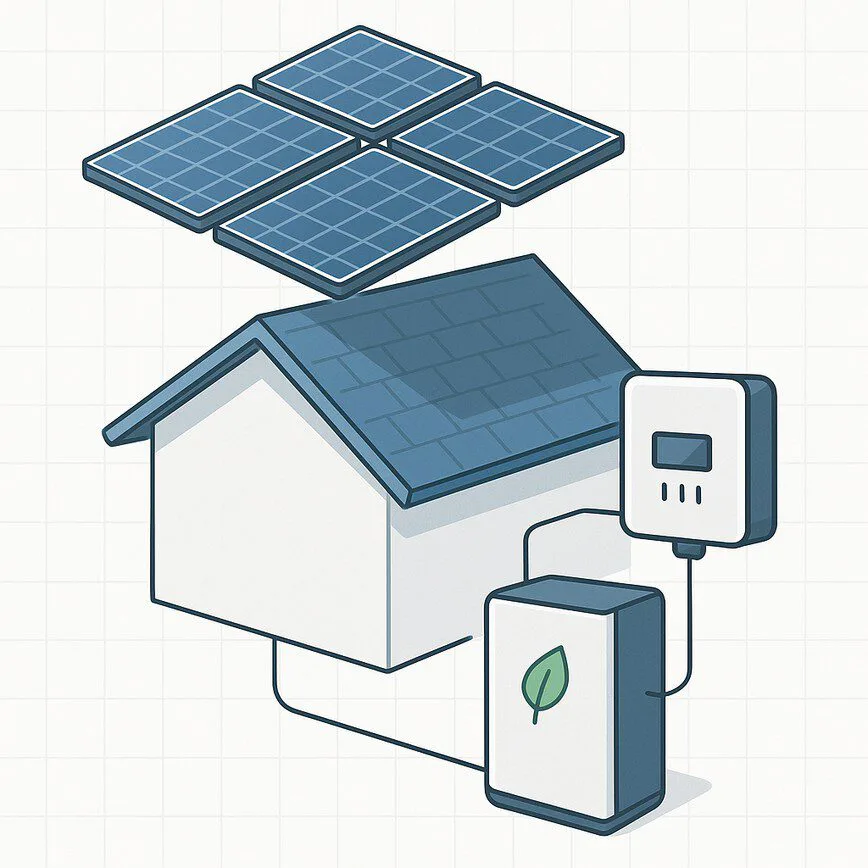
The best solar panels for home energy production are only one part of the equation. A complete system includes several other critical components that work together to power your house.
Inverters: The Brains of the Operation
Solar panels produce direct current (DC) electricity, but your home runs on alternating current (AC). The inverter is the device that converts DC to AC electricity, making it usable for your appliances.
Racking and Mounting Systems
This is the hardware that securely fastens your panels to your roof. A high-quality racking system is essential for protecting your roof and your solar investment from the elements.
Solar Batteries: Storing Your Power
A solar battery system stores excess energy your panels generate during the day for use at night or during a power outage. This is key to achieving true energy independence. To make the best choice, it’s vital to research all your options. Gaining a deeper knowledge by understanding the full range of solar products and components will empower you to build the most effective system for your home.
Calculating Your Return on Investment (ROI)
Understanding the financial impact of your solar installation is critical. Your ROI depends on the total system cost, the amount of electricity it generates, and the value of that electricity (i.e., the utility rates you’re avoiding). Using an ROI calculator transforms decision-making from guesswork into a data-driven process. It can help you visualize your long-term savings and payback period, clarifying the immense value a solar system provides.
Making an Informed Decision with RenewGenius
Choosing the best solar panel for a home is a journey of understanding your energy needs, climate, and financial goals. By focusing on key metrics like efficiency, durability, and warranty, and by selecting a reputable manufacturer, you can build a system that delivers clean energy and financial savings for decades.
At RenewGenius, we are dedicated to providing homeowners with the insights they need. Our focus on residential solar solutions and our comprehensive solar knowledge base are here to guide you every step of the way, ensuring you can invest in solar with total confidence.

